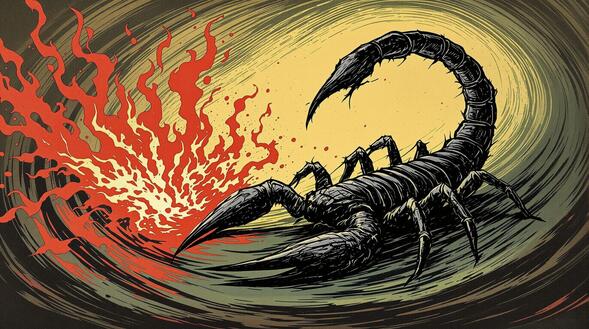As in the previous chapter, Zarathustra delivers a monologue addressing his “brother”. He discusses the deeply personal nature of one’s virtues. He asserts that if one possesses a virtue, it is uniquely one’s own and cannot be shared with others. By attempting to name and celebrate it publicly, one diminishes its uniqueness, rendering it common and aligning it with the masses—the “Volk” and “Heerde” (“people” and “herd”). He encourages embracing the ineffable quality of virtues, suggesting that they are beyond words and should be acknowledged with humility, even to the point of stammering when speaking of them.
He reflects on the transformation of passions into virtues. Once considered evil or base—such as wrath, lust, fanaticism, or vengefulness—these passions can evolve into virtues when aligned with one’s highest goals. By embedding a noble aim within these passions, they become sources of joy and strengths rather than weaknesses.
Zarathustra warns of the internal conflicts that arise from possessing multiple virtues. Each virtue strives for dominance, seeking to command one’s entire spirit and energy. This struggle can lead to envy, mistrust, and even self-destruction, as virtues become jealous of one another. He uses vivid imagery, such as the scorpion turning its poisoned sting upon itself, to illustrate the dangers of internal discord.

Whoever is encircled by the flame of jealousy will at last, like the scorpion, turn the poisonous sting against himself.
He acknowledges that some individuals, overwhelmed by this internal warfare, have retreated into solitude or even ended their lives, unable to bear being the “battlefield of virtues”. Despite the inherent struggles, Zarathustra emphasizes the necessity of this internal conflict as part of the human experience and personal growth. He encourages embracing one’s virtues wholeheartedly, even if they may lead to one’s demise, as humanity is something that must be overcome.
